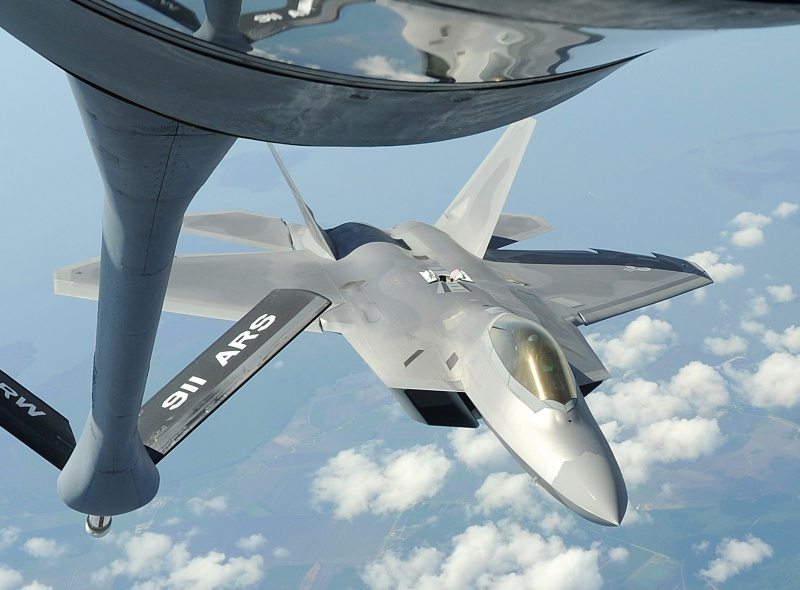Top US defense contractor Lockheed Martin said late Saturday that it had successfully warded off “a significant and tenacious” attack on its information systems network.
The company’s information security team detected the attack almost immediately and took “aggressive actions” to protect all systems and data, a company statement said.
No specifics about the defensive action were provided. However, “as a result of the swift and deliberate actions taken to protect the network and increase IT security, our systems remain secure,” Lockheed Martin said.
“No customer, program or employee personal data has been compromised.”
The incident is under investigation, and Lockheed Martin said it was keeping appropriate US government agencies informed of the situation. It did not mention any suspected source of the cyber-attack.
The company said that despite the attack, it remained confident in the integrity of its “robust, multi-layered information systems security.”
US government officials, for their part, told US media that the consequences of the attack for the Pentagon and other agencies was “minimal,” and no adverse effect on their operations was expected.
Headquartered in Bethesda, a Maryland suburb of Washington, Lockheed Martin employs about 126,000 people around the world. It focuses on design, development and manufacturing of advanced technology systems, including some of the most advanced weaponry.
It is one of the world’s largest defense contractors, with about 74 percent of its revenues in 2009 coming from military sales, according to published reports.
Lockheed Martin’s products included the Trident missile, P-3 Orion spy plane, F-16 and F-22 Raptor fighter jets and C-130 Hercules military cargo planes among many other major weapons systems.
The company is a primary developer of stealth technology used in U-2 and SR-71 reconnaissance aircraft, the F-117 fighter jet as well as the F-22 and F-35 Joint Strike Fighter designs.
The corporation’s 2010 sales from continuing operations reached $45.8 billion (32 billion euros).
However, the stealth Joint Strike Fighter program has faced delays and cost overruns, and the Pentagon overhauled the program last year.
The initial estimate for each F-35 Joint Strike Fighter aircraft was $50 million eight years ago but more recent estimates were up to $92 million.
Meanwhile, the US space agency NASA announced last week that a new spacecraft to ferry humans into deep space would be based on designs for the Orion crew exploration vehicle and built by Lockheed Martin.
The Orion capsule, originally designed to take astronauts back to the moon, is a surviving component of the Constellation manned space exploration program canceled by President Barack Obama last year for being behind schedule and over budget.
The capsule will weigh 23 tons and NASA has no date set for a potential launch, said Douglas Cooke, associate administrator for NASA’s exploration systems mission directorate.
There is also no final cost associated with the project.
Lockheed Martin is to continue its work on building the space capsule begun in 2006.










